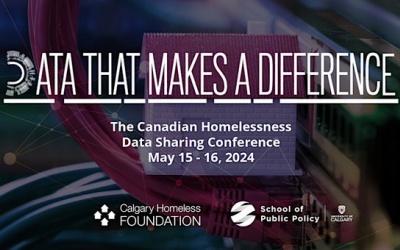Alberta’s cities don’t need alternate tax sources – Report from The School of Public Policy
The property tax is effectively the tax source of municipal governments in Canada. But lately, many commentators and municipal politicians are arguing that property tax is no longer adequate to finance the public services and infrastructure that large cities, like Edmonton and Calgary, need to provide. They insist that cities should be given the power to levy a local personal income tax and local sales tax as a solution. But are these alternate sources of tax revenue really necessary, or will they add even more complications and distortions?
In a report released today by The School of Public Policy, authors Bev Dahlby and Melville McMillian challenge this widely held view that city governments in Alberta need access to a wider range of taxes.
Municipal leaders argue that the property tax is unresponsive to economic growth, generates inadequate levels of revenue for financing municipal services and infrastructure, is highly regressive, and impedes economic growth and development. Additionally, because the rate-setting process for the property tax is very public, homeowners see and feel annual hikes quite keenly. So, municipal leaders call for the kind of tax powers provinces and the federal government have. A bad idea, say the authors.
“When viewed in isolation, the property tax seems to have many defects,” the authors explain. “Only when we compare it with alternate sources of tax revenue, such as local personal income tax and local sales tax, are those defects put into perspective,” said Bev Dahlby at a media conference held today. For example, “local sales taxes have the potential to create more economic distortions- cross border shopping and migration – while administering income and sales taxes at the municipal level could be unwieldy and costly”.
“There is considerable room, given the continual and relatively low rates of Alberta’s property taxes, for municipalities to raise more funds by simply raising property tax rates,” the authors state. “Local governments will, of course, have to make a persuasive case to taxpayers that any tax hikes are justified, but that – rather than utilizing tools that are less transparent – is precisely how responsible government should function”
The report can be found here.

